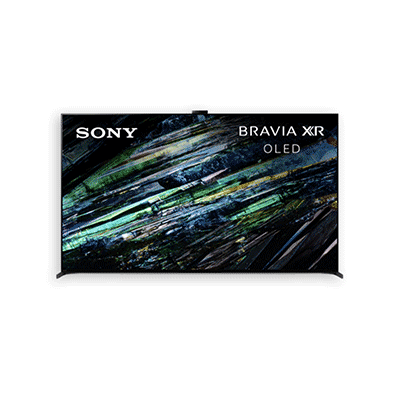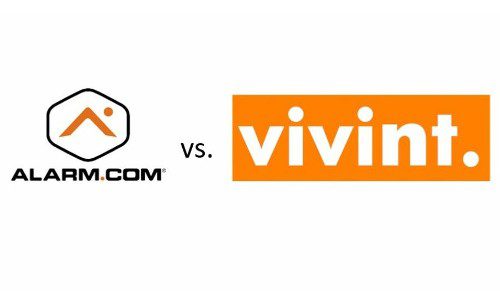Cybersecurity Awareness Month is typically reserved for the enterprise market, as large organizations and businesses make up the bulk of targets for hackers. However, new research suggests that consumers are reporting an increasing number of cybersecurity incidents.
According to Parks Associates, 54% of U.S. internet households report experiencing a data privacy or security issue over the last 12 months, an increase of 50% since 2018.
The consumer technology research firm’s “Privacy and Data Protection for Connected Devices” report finds that an increasing number of consumers are becoming wary of connected devices, as 62% of smart home device owners express apprehension about unauthorized access and control of their devices.
At the same time, smart home devices are increasingly popular, as U.S. internet household shave doubled the number of connected devices in their homes over the past seven years.
Jennifer Kent, vice president of research at Parks Associates, says the smart home industry and service providers must prioritize these concerns and introduce more security controls into their products.

The Future of Digital Lighting & Control
As a custom integrator, lighting is in demand. Effective communication, education and showcasing the value proposition of LED light fixtures in conjunction with integrative control systems are the keys to overcoming challenges and closing sales in this specialized market. Join us as we discuss the future of digital lighting and control with David Warfel from Light Can Help You and Patrick Laidlaw and Mark Moody from AiSPIRE. Register Now!“After interoperability, the top reasons consumers gravitate to certain providers of smart home products are user experience and trust – trust that the company will properly handle personal data, and trust that the company will be present for the long haul,” Kent says.
The U.S. government is also taking action to do just that, with the Federal Communications Commission proposing a Cyber Trust Mark, the cybersecurity equivalent of the Energy Star label, that will certify that a device meets certain cybersecurity standards.
Major industry player responds to smart home cybersecurity concerns
Snap One, one of the biggest players in the smart home market, sees the Cyber Trust Mark program as a step in the right direction, says Connie Gray, senior director of engineering for cybersecurity at Snap One.
“Security and privacy are paramount to the peace of mind of our customers and partners,” Gray says. “This program focuses on foundational security practices that benefit the consumers and the entire industry.”
The industry should embrace security initiatives like the Cyber Trust Mark not only to foster consumer confidence, but also guarantee enhanced safety and dependability of integrated systems, Gray says.
The surge in smart home and IoT devices is shedding light on some of these smart home cybersecurity issues, which Gray says include weak authentication, privacy gaps and outdated software.
To mitigate these concerns, Snap One considers cybersecurity at every stage of product development, from initial design and planning to implementation and ongoing maintenance, Gray says.
In addition, the company operates a vulnerability disclosure program in which external researchers and users can report potential vulnerabilities to the Snap One team, which will them assess and address those disclosures and issue updates to fix any security bug.
“This approach ensures that potential vulnerabilities are proactively identified, addressed, and validated throughout the product’s lifecycle, fostering a resilient and secure result,” Gray says.
More news from CE Pro: URC Announces Integration with Home Theater Specialist StormAudio
If you enjoyed this article and want to receive more valuable industry content like this, click here to sign up for our digital newsletters!












